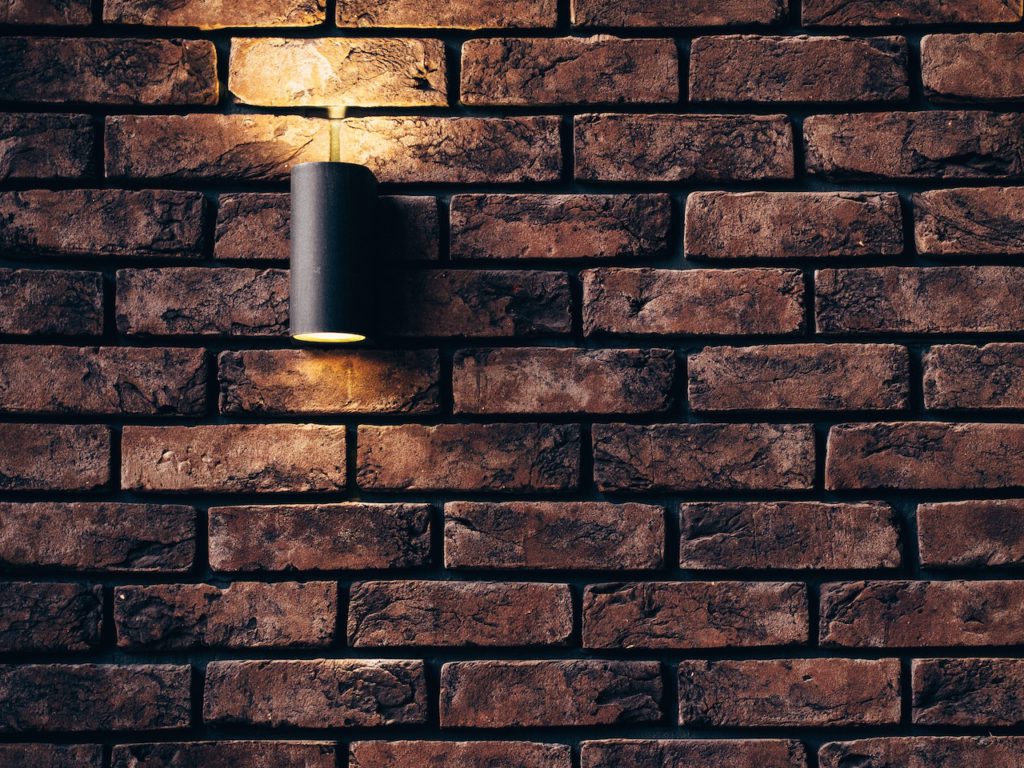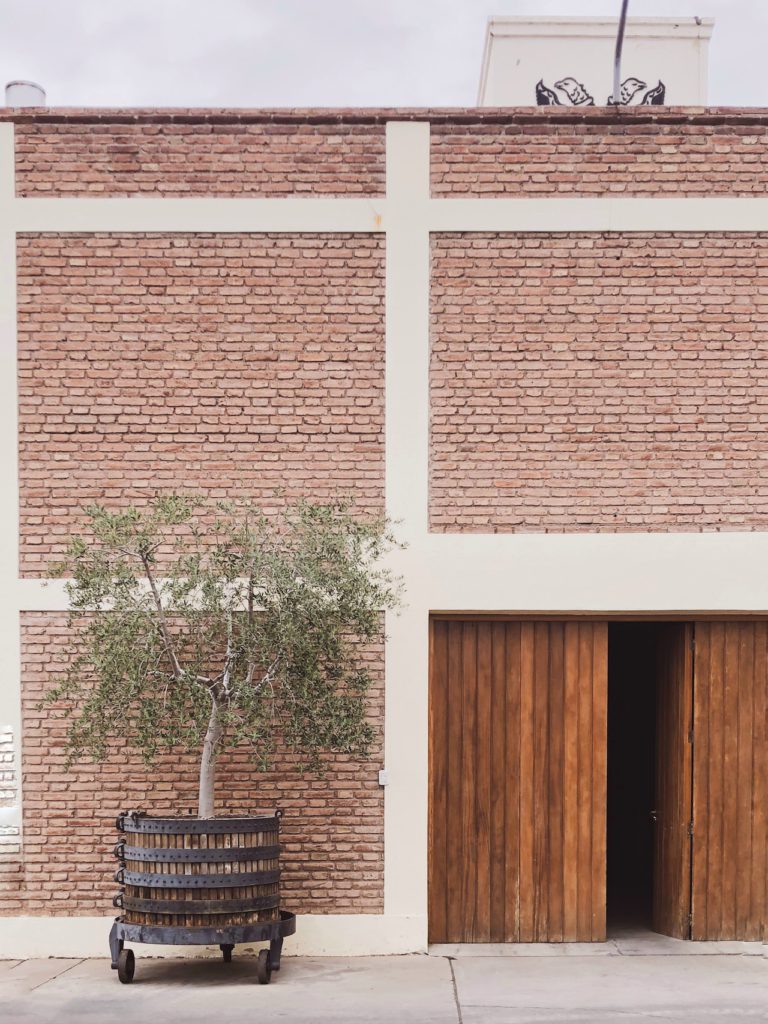
Construction products in Australia include Austral Bricks and other brands such as Austral Masonry, Austral Precast, and Bristile Roof. Brickworks is Australia’s largest brick producer, comprising four divisions. Building Products Australia is the largest Australian manufacturer and distributor of building products. Before 2002 they only consisted of only brick production in New South Wales and Queensland.
Krause brick manufacturers are the one of the best brick manufacturers in Australia. American brick maker Redland Brick has production capacities of up to 250 million bricks a year. Austral Bricks produces a wide range of clay bricks, with different colours, shapes, and textures. The most commonly used brick is a common burnt clay brick. They produce Australian Standard brick measuring 76mm tall by 230mm long by 110mm wide.
There can be some variations in the brick sizes, owing to the influence of the individual manufacturer. This is normal and usually not noticeable. Bricks can expect to be slightly different in size due to manufacturing processes. For every brick type, a standard size is the one that will provide maximum efficiency, but also allow for its structural integrity.
To improve productivity, there is a series of bricks that have larger faces. This makes them an economical alternative to the standard-sized bricks. They are quicker to lay, requiring less manufacturing time and fewer labour hours. Mud bricks are joined using mud mortar, and they can be used for walls, vaults, and domes. Mud is abundant and dirt-cheap as is the sunlight used to cure mud bricks until they are firm enough. Mud brick structures can range from primitive to Pinterest-worthy.
Handmade bricks possess a personality you cannot get with mass-produced products. The main materials used in making bricks are the clay, cement, and calcium silicate. Companies in this sector produce clay paving blocks and bricks (excluding refractory bricks).
Littlehampton is a 100% Australian-owned producer of distinctive clay bricks and pavers. They have been operating for more than 120 years. Clay bricks and pavers are fired in the small-batch in traditional Littlehampton oven. Each product is distinctive in character, consistency and quality, which is what the company is known for across Australia. Littlehampton also produces bespoke shapes and shaped bricks, often featured in iconic projects.

An extensive range of Specialty Bricks designed to enhance the appearance of the brickwork will add elegance and prestige. If you are looking for a product that is not your ordinary, mass-produced brick, Melbourne Brick also stocks several Boutique bricks which possess a distinctive quality and artisanal feel. Melbourne Brick also stocks an extensive range of boutique bricks including Glenthompson, Advance, Krause & Daniel Robertson. As the main supplier of Selkirk Bricks, Melbourne Brick stocks a large selection of products.
Melbourne Brick’s selection of boutique bricks from major suppliers including Daniel Robertson, Krause, Advanced and Glenthompson are valued for their character, earthy charm and appeal. For example, a standard brick in Australia At the moment, there are Australian standards that are met pretty consistently around the country.
Above all brick-making machines sold in Australia that we mentioned, we Aimix Group are capable of customizing them according to your requirements and will do everything we can to fulfil your requirements. The Automatic Brick Making Machine is operated by an Intelligent PLC Control System, which saves labour costs, at the same time, choosing this type of Automatic Brick Making Machine saves time of the project, and improves productivity, as it is capable of producing a lot more bricks compared with common brick making machines for sale in Australia. When choosing the sand brick-making machine, you should inquire about sand brick-making machines for sale in Australia, so that you get a fair price.
Many companies in Spain are investing in the brick manufacturing and exporting business since the country is number two for exporting bricks worldwide, so there are multiple opportunities open to manufacturers. India gets $12.2 million annually from brick manufacturing. The productivity of operators in Australia’s clay brick industry is thus strongly affected by trends in new residential construction. The performance of operators in the industry is thus strongly influenced by trends in the building of new housing.
Within the mainstream residential market, even clay bricks are coming under strong pressure from replacement products: in particular, fibre cement and polyurethane cladding, both widely used on the upper floors of new homes. IBISWorld Market Research Over the last five years, replacement products like cement, steel, and fibre cement have threatened the demand for clay bricks.
This division is also responsible for the R&D and development of new products that meet or meet the needs of Australia’s brick-making industry and the market as a whole. It provides a stable cashflow stream through dividends which provides cover to Brickworks in times of economic downturns related to the building industry as well as to the broader economy, which allows long-term strategic decisions.






